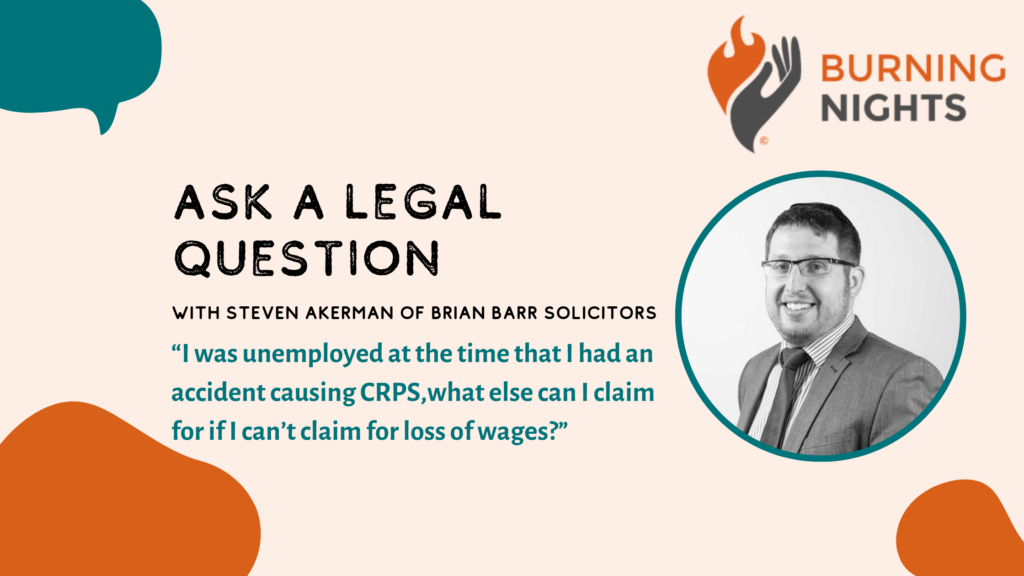Fibromyalgia is an incredibly painful, debilitating condition. The symptoms are often so bad that even the most simple tasks can become a struggle, having a hugely negative impact on the lives of sufferers. In fact, many fibromyalgia sufferers are unable to work after being diagnosed and, as a result, suffer a loss of income and can even develop further symptoms, such as depression and anxiety. From severe pain to extreme fatigue, there are a number of reasons why fibromyalgia sufferers are forced to give up their job after being diagnosed with the condition.
What are the Symptoms of Fibromyalgia?
The symptoms of fibromyalgia can vary from person to person, however, the most common symptoms include:
- Severe pain
- Fatigue
- Poor quality of sleep
- Sensitivity to touch
- Stiff joints
- Brain fog
- Irritable bowel syndrome
- Dizziness
- Headaches
- Depression
- Anxiety
- Trouble regulating temperature
- Numbness
Even just a few of the symptoms of fibromyalgia can force sufferers to leave their jobs. From brain fog to chronic fatigue, it’s clear to see why it’s difficult to continue to work with fibromyalgia.
How does Fibromyalgia Affect Your Ability to Work?
Fibromyalgia is an incredibly debilitating condition which can have a huge impact on a sufferers’ ability to work. With symptoms ranging from extreme pain all over the body, to brain fog and chronic fatigue – it’s not surprising why so many sufferers are forced to give up their careers.
‘Fibro fog’ is one of the most common reasons why sufferers feel they are unable to continue with their work, as it can have a huge impact on their concentration levels and ability to communicate with their colleagues, leading to a loss of confidence, as well as feelings of anxiety.
Fibro fog can manifest itself in a number of different ways, and can vary from person to person. However, it’s known for causing a range of symptoms, including:
- Difficulty concentrating
- Inability to find the right words
- Difficulty holding a conversation
- Trouble staying alert
- Poor memory
Although the cause of fibro fog is unknown, experts believe it’s down to a lack of sleep, resulting in impaired cognitive function.
In addition to the cognitive side effects, fibromyalgia can also make it difficult for sufferers to sit or stand for long periods of time due to extreme joint and muscle pain, as well as sensitivities to light, sound and temperature changes, which can make any line of work unmanageable.
Can I Continue Working With Fibromyalgia?
It can be difficult to make the call as to whether or not you’re able to continue working with fibromyalgia, however, it’s important to listen to your body and establish whether or not you’re well enough to perform at work.
If getting through the day is a real challenge because of extreme pain, difficulty concentrating and chronic fatigue and it’s having a detrimental effect on your mental health, causing depression and anxiety, then it’s clear that adjustments need to be made.
If you’re a self-confessed workaholic, or can’t afford to stop working, the thought of giving up your career might fill you with dread. However, your employer might be able to make adjustments in order to allow you to continue in your role.
Whether you talk to them about making adaptations to your working week, such as allowing you to work from home, go part-time, or make changes to your responsibilities – it’s important to weigh up all of the options to help you make the best decision for you.
However, if you come to the decision that you can’t continue in your role, it might be worth exploring other career paths. For example, if you find relief from your symptoms by staying active, then finding a job where you’re on your feet for most of the day might be perfect for you.
Can I Claim Fibromyalgia Compensation for Loss of Earnings?
Whether it’s the psychological symptoms or physical symptoms you’re struggling with, if you’ve explored all of your options and you’re still struggling to work with fibromyalgia, then you might want to go down the route of compensation.
If your fibromyalgia was as a result of an accident or injury, then you could be eligible to make a fibromyalgia compensation claim, easing the financial strain caused by loss of earnings, and funding any specialist treatments, physiotherapy and equipment. You’ll need to instruct a solicitor who specialises in chronic pain claims in order to help you to get the compensation you deserve.
So whether you’ve recently been diagnosed with fibromyalgia, or you’ve been suffering at work for a long period of time, losing your career to the condition can have a huge psychological effect on sufferers. However, it’s important to ensure you’ve got a strong support system around you and seek professional help if you feel your mental health suffering as a result of giving up your career.
We do not endorse any research, studies or sources mentioned within our blogs and comments. Furthermore, we do not endorse any medical advice provided, and would strongly recommend anyone seeking medical advice to contact their local healthcare provider.

















